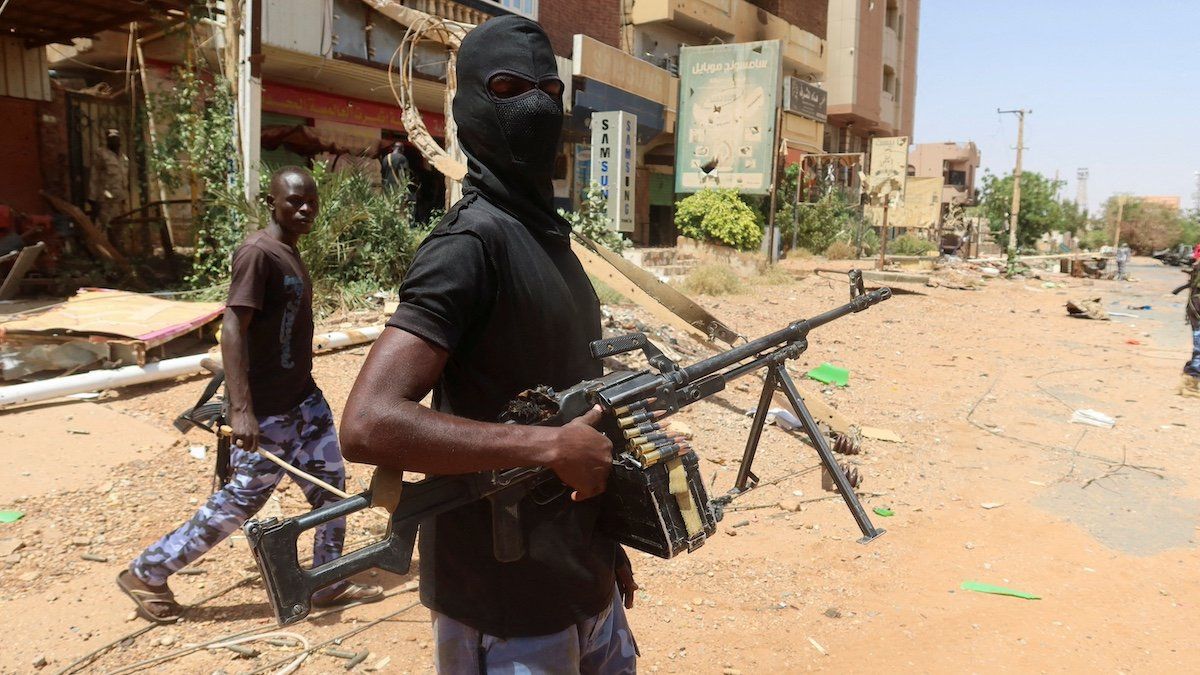As much of the world focuses on conflicts raging in Ukraine and Gaza, the ongoing war in Sudan has generated what a senior UN official said last week was “one the worst humanitarian disasters in recent memory.”
The numbers speak for themselves. Nearly a year of war between Sudan’s army and the paramilitary Rapid Support Forces has killed tens of thousands, forced eight million from their homes, and left more than 18 million people facing acute food insecurity. Some 730,000 Sudanese children are now suffering from severe malnutrition. Famine looms as a real possibility in the coming weeks.
There are no promising signs of an end to the fighting. General Abdel Fattah al-Burhan and Commander Mohamed Hamdan Dagalo of the Rapid Support Forces have so far refused calls for a cease-fire. The greatest challenge for aid workers hoping to bring relief to the war’s millions of refugees is that few people around the world know it’s happening and that the governments of countries that might help are focused instead on the conflicts that matter most to their populations.



















